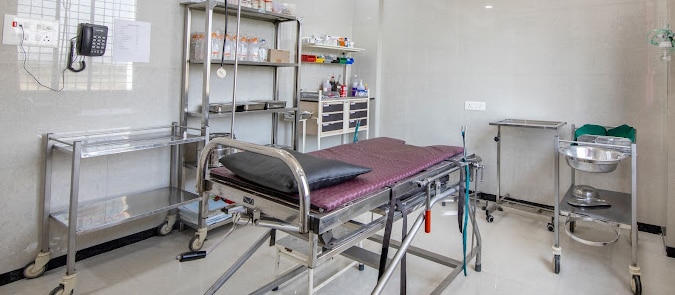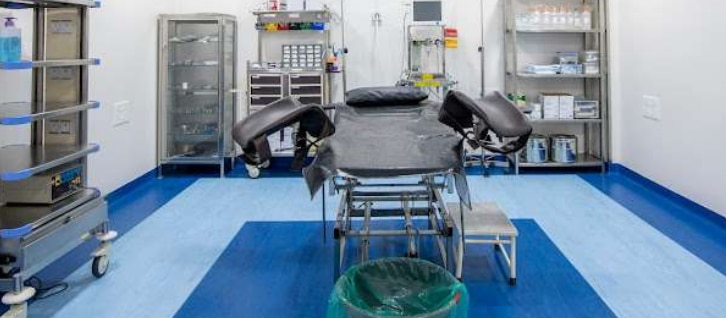Infertility Treatment
Infertility treatment aims to help individuals and couples conceive when natural methods are unsuccessful. Treatments range from medication and surgery to assisted reproductive technologies (ART) like IVF. The best approach is determined by the cause of infertility, patient preferences, and other individual factors. Common Treatment Options:Medications: Fertility drugs can help regulate or stimulate ovulation in women, while other medications may address hormonal imbalances. Surgery: Surgical procedures can correct structural issues, blockages, or other anatomical problems affecting fertility in both men and women. Assisted Reproductive Technology (ART): This includes procedures like in vitro fertilization (IVF), where eggs are fertilized by sperm outside the body, and intracytoplasmic sperm injection (ICSI), where a single sperm is injected directly into an egg. Intrauterine Insemination (IUI): Healthy sperm are placed directly into the uterus around the time of ovulation. Other Options: These include egg or sperm donation, or using a surrogate to carry a fetus. Important Considerations:Individualized Approach: Treatment plans are tailored to the specific circumstances of each couple or individual. Financial, Physical, and Emotional Impact: Infertility treatments can be demanding, requiring careful consideration of the potential burdens. Success Rates: Success rates vary depending on the cause of infertility, the treatment methods used, and individual characteristics. Diagnosis and Evaluation:Comprehensive Evaluation: A thorough assessment is crucial to identify the cause of infertility, which may involve hormone testing, semen analysis, and imaging studies.Specific Tests: Depending on the suspected cause, tests like hysterosalpingogram (HSG) or laparoscopy may be used to evaluate the fallopian tubes and other reproductive organs.
READ MORE


















